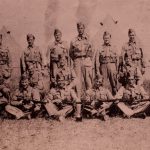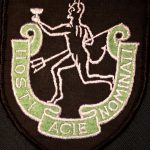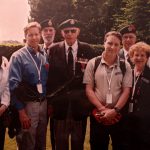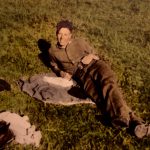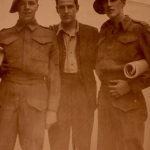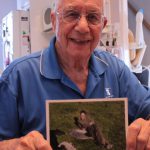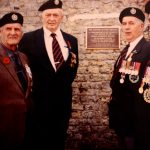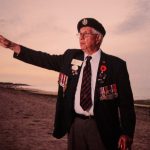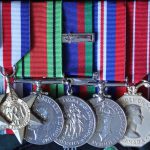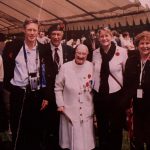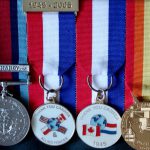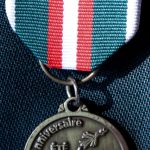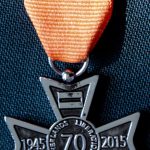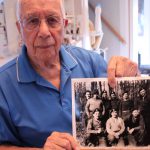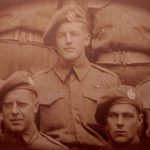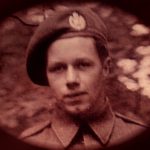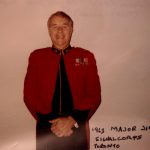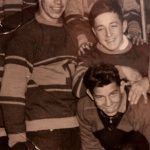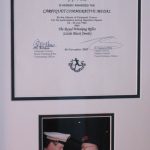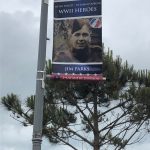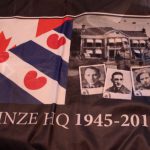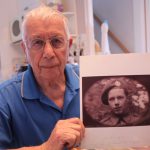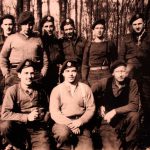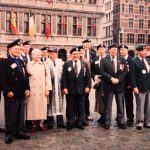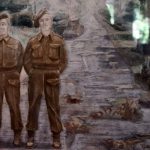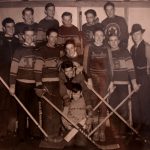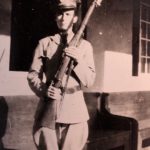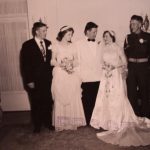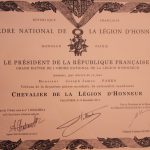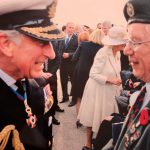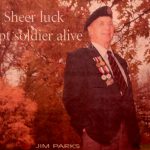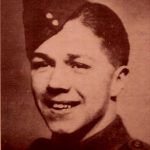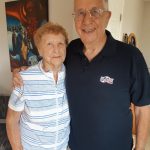Jim Parks was born September 22, 1924, in Winnipeg, Manitoba. He grew up there during the hard days of the Great Depression, making money anywhere he could, selling magazines and blocks of ice. When the war came along, Jim was in high school, and he remembers learning about the war in history class. He joined the cadets at the time too, and he recalls the Great War veterans – his father among them – giving the young boys invaluable lessons about the realities of war. Jim enlisted early – when he was underage. He managed to get away with it, and soon found himself in training, in Camp Debert and other stops in Canada. Soon enough he was sent to Halifax, and the troopship and convoy got Jim safely to Britain. He spent two and a half years there, training and seeing the country. In 1943 Jim remembers that the training started to ramp up, getting ready for the inevitable cross-channel invasion. When the day came on June 6, 1944, Jim was on an LCT in the first wave, timed to hit Juno Beach two minutes before the infantry. Things did not as planned; the LCT hit a mine and came under heavy fire, and Jim’s Bren Gun carrier went under water, forcing Jim to swim to shore. He made it, and was able to gather a Sten gun and kit from a fallen comrade. Over the next few days Jim fought and performed his duties as ordered, and he and the Canadians made their way inland towards Putot, where they faced a German counterattack, which they were able to defeat. From Putot Jim and the mortar crews passed through Brouay and into the intense fighting around Carpiquet, where they took some heavy losses. The route of the Canadian army followed the coastal route from that point, and Jim was involved in combat in northeast France, Belgium (the Battle of the Scheldt) and the Netherlands, where the Canadians were greeted as liberating heroes. Jim went all the way into Germany by war’s end, where VE day released him from his year of combat. From there the men spent time in the Netherlands and England before boarding the troop ship and heading home to Canada, where Jim readjusted to Canadian society; he married, and he and his wife fell into the rhythms of postwar Canadian life.
Jim Parks was interviewed for this project in August 2019, when Scott Masters visited him in his home. We thank the Memory project for facilitating this meeting.
Videos
Click next video below to keep watching
- 1. Early Life in Winnipeg
- 2. Canada Declares War; Joining Up
- 3. Training; Going Overseas
- 4. Arrival in England; Aldershot
- 5. On Leave; Spring 1944
- 6. Camp C7; June 6, 1944
- 7. On the Beach; The Battle of Putot
- 8. Putot and Carpiquet
- 9. Caen and Falaise; Civilians and the Scheldt
- 10. Close Calls; The Germans
- 11. Netherlands
- 12. Germany; VE Day
- 13. Return to Canada; Remembrance
